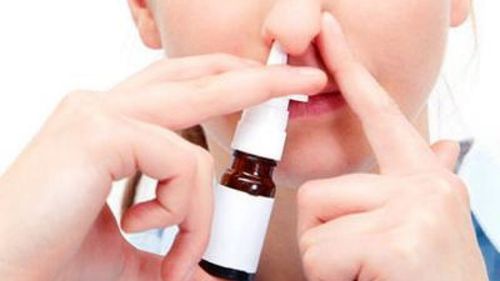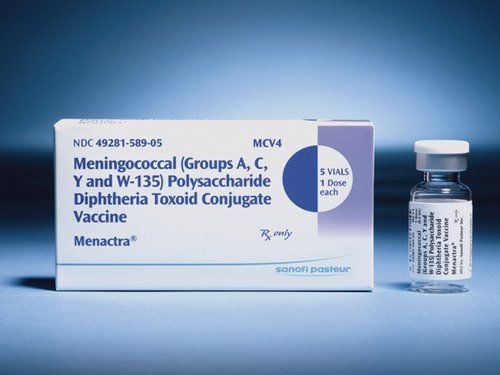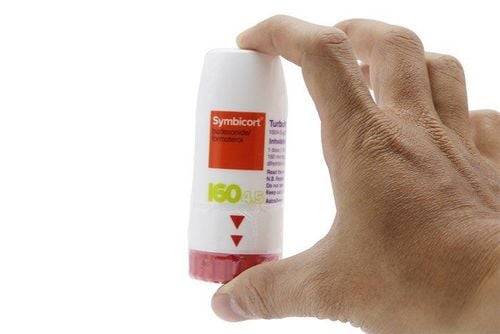This is an automatically translated article.
The article is professionally consulted by Master, Doctor Nguyen Minh Tuan - Pediatrician - Pediatrics - Neonatology - Vinmec Danang International General HospitalMumps is a viral infection in the salivary glands that is highly contagious. This disease is quite common in young children, if not treated in time, it will cause a number of complications that affect health and life.
1. Symptoms of mumps
Mumps mainly affects the salivary glands, also known as the parotid glands. There are 3 sets of salivary glands on each side of the face, located behind and below the ears. The characteristic symptom of mumps is swelling of the salivary glands.Mumps symptoms usually appear within two weeks of being exposed to the virus. Symptoms may appear first such as fatigue, muscle aches, headache, loss of appetite, low-grade fever.
The incubation period lasts about 2-3 weeks, then suddenly appears high fever, up to 38-39 degrees Celsius with headache, fatigue, little sleep, loss of appetite. This is followed by a high fever lasting 1-3 days, causing the salivary glands to swell. First, swelling on one side, after a few days continued swelling of the salivary glands on the other side. Swollen salivary glands make it difficult to chew and swallow.
High fever and swelling of the salivary glands will appear over the next few days. The glands may not be swollen all at once.

2. Treatment and care of patients with mumps
Currently, there is no specific treatment for the mumps virus. Instead, treatment focuses on relieving mumps symptoms until the infection clears up on its own, and usually within a few weeks.Treatment according to the following principles: rest, limit exercise as much as possible, reduce fever and take care of the patient, preferably during full-blown disease, anti-orchitis, ovarian inflammation, pancreatitis, inflammation Meningitis, antibiotics are only used when there is a bacterial superinfection according to the indications, with severe cases, combination immunoglobulins can be used.
With children, to reduce a child's fever, parents can use fever-reducing medicine or use a warm towel to wipe the body. Absolutely do not take cold showers during the illness. Parents can use a warm towel to apply pressure to the affected cheek. Rest in hospital bed until fever subsides. Isolate or keep a distance from the patient to avoid the risk of spreading. Using some aids or applying a cold compress can help relieve testicular pain. An easy-to-swallow liquid diet is recommended during illness such as oatmeal or porridge. Avoid citrus fruits and citric acid (these can make symptoms worse). Add a variety of green vegetables, cantaloupe and mango. Avoid processed, greasy foods as it can make the disease worse. Drink plenty of water and rinse your mouth with physiological saline or mouthwash. Maintain cleanliness. Do not arbitrarily use oral drugs, topical drugs, apply to the swollen area to avoid poisoning.
Please dial HOTLINE for more information or register for an appointment HERE. Download MyVinmec app to make appointments faster and to manage your bookings easily.














